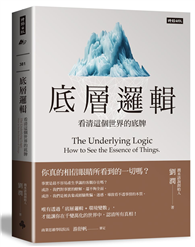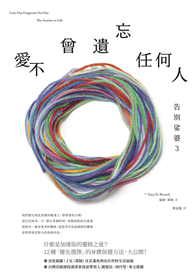Analysing the evolution of Lahore’s social organization, culture and ideologies since Pakistan’s independence in 1947, this book explores how social and cultural changes affect the social economy, spatial structure and the urban environment.
It uncovers the internal dynamics and functional order of the city that sustain everyday life, despite its challenges and seemingly disorderly institutions. The book offers a strategic vision for the city’s development that emphasizes equitable policies for public utilities and the built environment. In addition, the author proposes a complementary programme for social development and civic ethos.
This book will be a valuable resource for academics and students in the fields of urban planning, geography, urban studies and sociology and those interested in the urbanism of the global south, particularly Pakistan.












